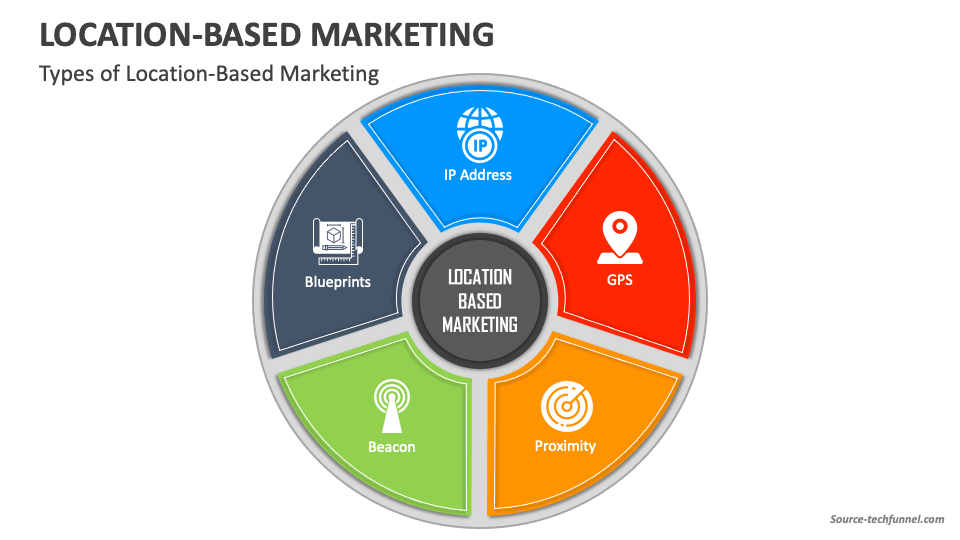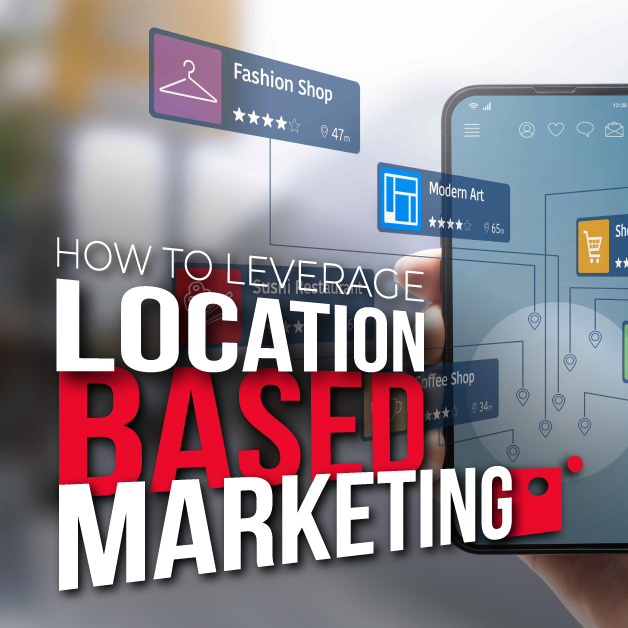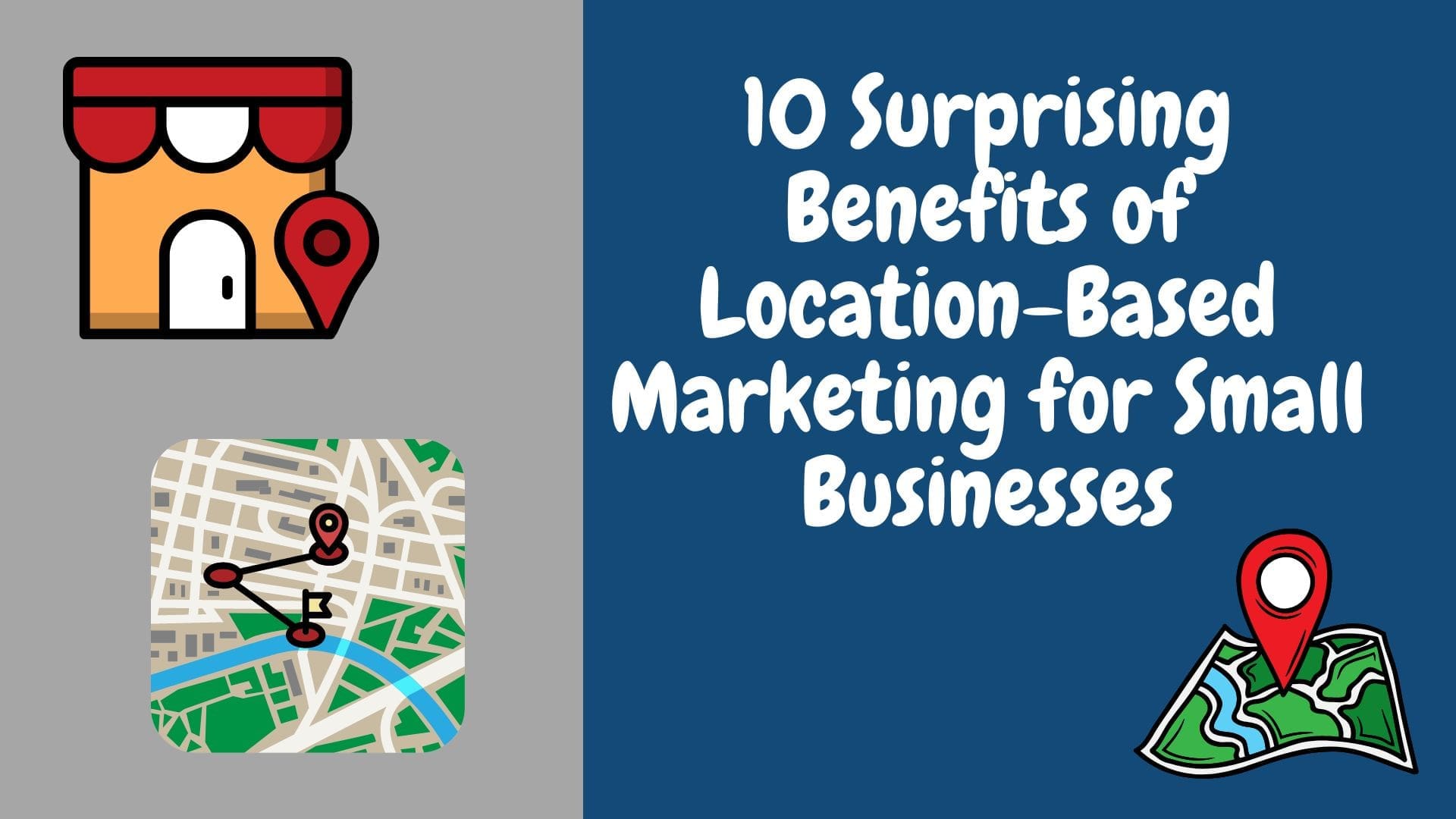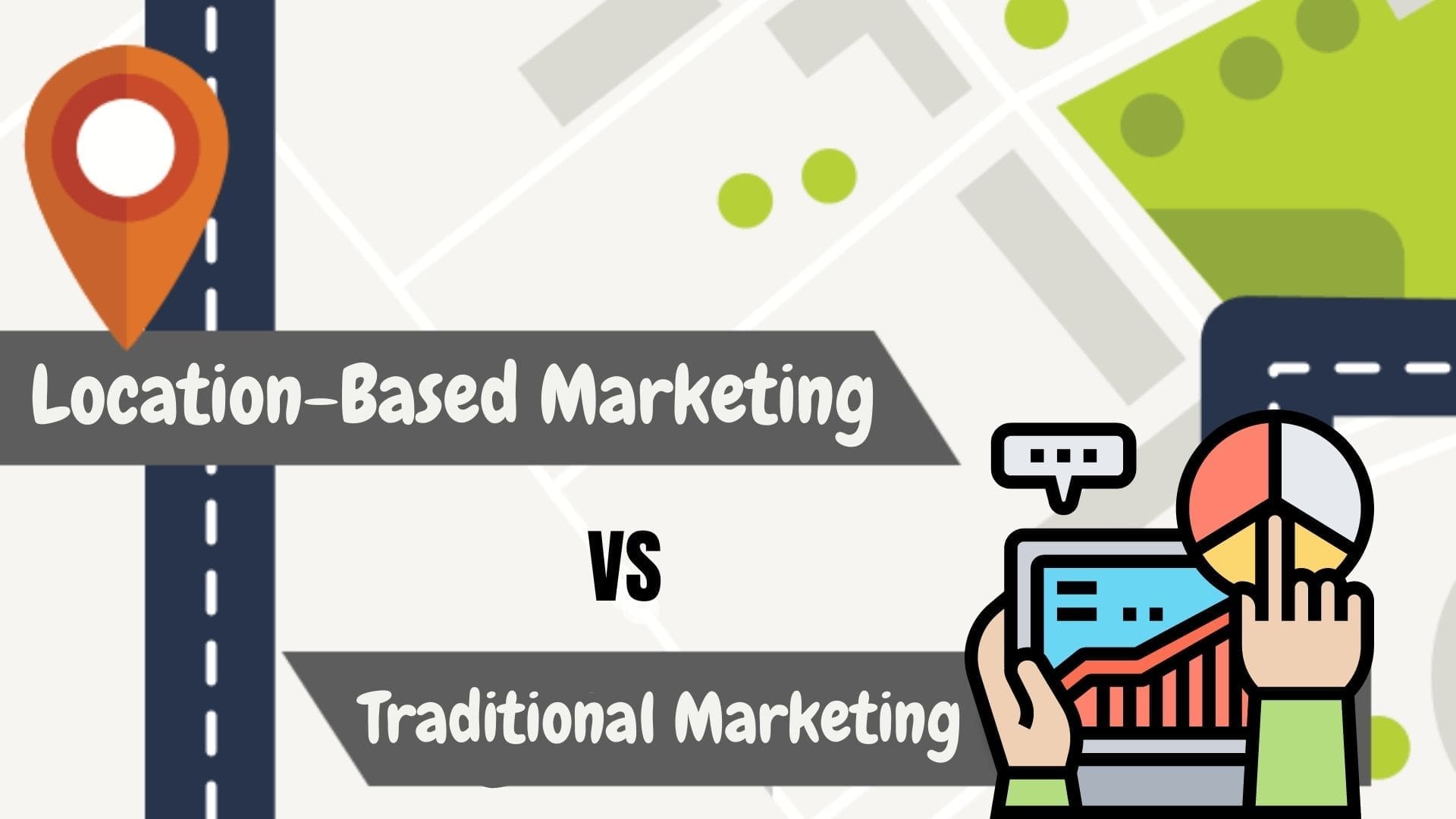The Power of Location-Based Marketing: Understanding and Leveraging Map Emails
Related Articles: The Power of Location-Based Marketing: Understanding and Leveraging Map Emails
Introduction
With great pleasure, we will explore the intriguing topic related to The Power of Location-Based Marketing: Understanding and Leveraging Map Emails. Let’s weave interesting information and offer fresh perspectives to the readers.
Table of Content
The Power of Location-Based Marketing: Understanding and Leveraging Map Emails

In the digital landscape, businesses are constantly seeking innovative ways to connect with their target audience. One such approach that has gained significant traction in recent years is location-based marketing, which leverages the power of geographic data to deliver personalized and relevant messages. This strategy is particularly effective when combined with email marketing, resulting in a potent tool known as map email.
What is Map Email?
Map email, also known as location-aware email or geo-targeted email, is a type of email marketing campaign that incorporates interactive maps directly within the email body. These maps can display various points of interest, such as store locations, event venues, or nearby attractions, allowing recipients to visualize and interact with relevant information.
Benefits of Map Email
The integration of maps into email campaigns offers a myriad of advantages for businesses, including:
- Enhanced Engagement: Map emails offer a visually compelling and interactive experience, captivating recipients and encouraging them to explore the information presented.
- Increased Click-Through Rates: The inclusion of maps within emails often leads to higher click-through rates as recipients are visually drawn to the interactive element, prompting them to click on the map and learn more.
- Improved Conversion Rates: By providing a clear and concise visual representation of locations, map emails effectively guide recipients towards desired actions, such as visiting a store, attending an event, or making a purchase.
- Personalized Experiences: Map emails can be tailored to individual recipients based on their location data, delivering personalized content and recommendations that are highly relevant to their needs and interests.
- Enhanced Brand Awareness: By showcasing locations and providing valuable information, map emails effectively raise brand awareness and establish a stronger connection with potential customers.
Types of Map Email Campaigns
The applications of map email extend beyond simple location-based marketing. Businesses can leverage this technology to create diverse and engaging campaigns, such as:
- Store Locator Campaigns: Highlight the locations of physical stores, allowing customers to easily find the nearest branch and get directions.
- Event Marketing Campaigns: Promote upcoming events by displaying the venue location on a map, making it easy for attendees to find their way.
- Local Deals and Promotions: Target specific geographic areas with localized deals and offers, attracting customers in the vicinity.
- Customer Journey Mapping: Track customer interactions with your brand by displaying their movement on a map, providing insights into their behavior and preferences.
Implementing Map Email Campaigns
To successfully implement map email campaigns, businesses should consider the following steps:
- Define Target Audience: Identify the specific geographic area and demographic groups that your campaign aims to reach.
- Choose a Map Provider: Select a reputable map provider that offers robust features and integrates seamlessly with your email marketing platform.
- Design an Engaging Template: Create a visually appealing and user-friendly email template that incorporates the map effectively.
- Personalize Content: Tailor the content and map information to the recipient’s location and interests.
- Track Performance: Monitor key metrics such as open rates, click-through rates, and conversions to measure the effectiveness of your campaigns.
FAQs on Map Email
1. What are the best tools for creating map emails?
Several tools and platforms facilitate the creation of map emails, including:
- Mailchimp: Offers map integration through its Drag & Drop Editor and third-party integrations.
- Campaigner: Provides a user-friendly interface for adding maps and customizing email templates.
- Constant Contact: Allows you to include interactive maps through its integration with Google Maps.
- GetResponse: Offers a range of map customization options and features for creating location-based emails.
- Sendinblue: Supports map embedding and provides a comprehensive suite of email marketing tools.
2. How can I collect location data from my subscribers?
You can obtain location data from subscribers through:
- Sign-up Forms: Include a field on your signup forms where subscribers can enter their zip code or city.
- Geolocation Tracking: If your website uses geolocation tracking, you can obtain location data automatically.
- Location-Based App Integrations: Integrate your email marketing platform with location-based apps to gather subscriber location data.
3. Is map email compliant with privacy regulations?
Always prioritize data privacy and ensure compliance with regulations such as GDPR and CCPA. Obtain explicit consent from subscribers before collecting and using their location data.
4. How can I optimize map email campaigns for mobile devices?
Ensure your map emails are optimized for mobile devices by:
- Responsive Design: Use responsive email templates that adjust automatically to different screen sizes.
- Mobile-Friendly Maps: Choose map providers that offer mobile-optimized maps.
- Keep Content Concise: Avoid lengthy text blocks and focus on concise and visually appealing content.
Tips for Creating Effective Map Email Campaigns
- Focus on Relevance: Ensure the location information presented is relevant to the recipient’s location and interests.
- Provide Clear Call-to-Actions: Guide recipients towards desired actions with clear and compelling call-to-actions.
- Use High-Quality Images: Include visually appealing images and maps to enhance engagement and create a positive brand impression.
- Test and Optimize: Regularly test different map email variations to identify the most effective approaches.
- Track Results: Monitor key metrics to assess the performance of your campaigns and make necessary adjustments.
Conclusion
Map email is a powerful tool that can significantly enhance your email marketing efforts. By leveraging the power of location-based data and interactive maps, businesses can deliver personalized and engaging messages that drive conversions and boost brand awareness. As technology continues to evolve, the possibilities for map email campaigns will only continue to expand, offering businesses new and innovative ways to connect with their target audience.








Closure
Thus, we hope this article has provided valuable insights into The Power of Location-Based Marketing: Understanding and Leveraging Map Emails. We appreciate your attention to our article. See you in our next article!